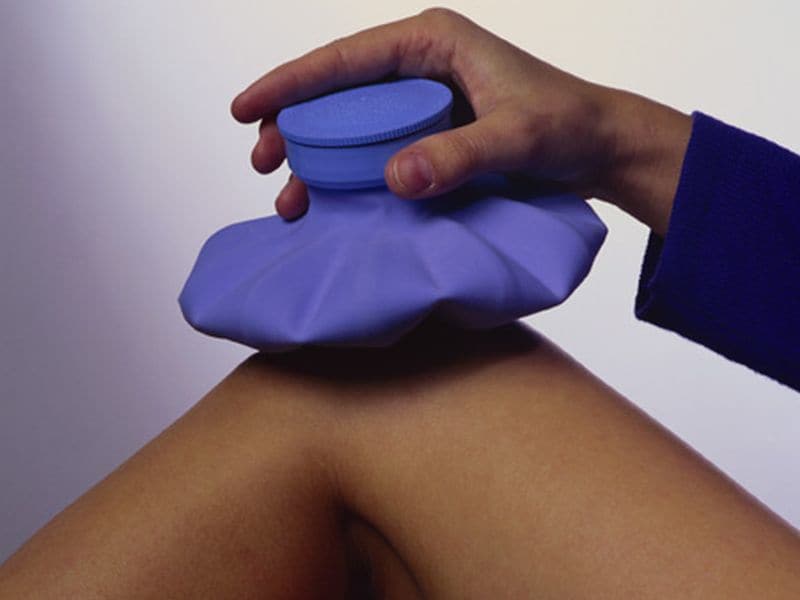TUESDAY, June 6, 2019 (HealthDay News) — An artifical intelligence system based on deep learning is feasible for detecting full-thickness anterior cruciate ligament (ACL) tears within the knee joint on magnetic resonance (MR) images, according to a study published online May 8 in Radiology: Artificial Intelligence.
Fang Liu, Ph.D., from the University of Wisconsin School of Medicine and Public Health in Madison, and colleagues developed a fully automated deep learning-based system using two deep convolutional neural networks to isolate ACL on MR images. The deep learning approach was used to retrospectively analyze sagittal proton density-weighted and fat suppressed T2-weighted fast spin-echo MR images of the knee in 175 individuals with full-thickness ACL tears and 175 individuals with an intact ACL. Using arthroscopic results as the reference standard, sensitivity and specificity of the ACL tear detection system and five clinical radiologists were determined.
The researchers found that at the optimal threshold, the sensitivity and specificity of the ACL tear detection system were 0.96 and 0.96, respectively. In contrast, for clinical radiologists, sensitivity ranged between 0.96 and 0.98, while specificity varied from 0.90 to 0.98. At P < 0.05, no statistically significant difference was seen in diagnostic performance between the ACL tear detection system and clinical radiologists. For the ACL tear detection system, the area under the receiver operating characteristic curve was 0.98.
“Future work is needed for further technical development and validation of the ACL tear detection system before it could be implemented in clinical practice,” the authors write.
Two authors disclosed financial ties to the pharmaceutical and medical device industries.
Abstract/Full Text (subscription or payment may be required)
Editorial (subscription or payment may be required)
Copyright © 2019 HealthDay. All rights reserved.



